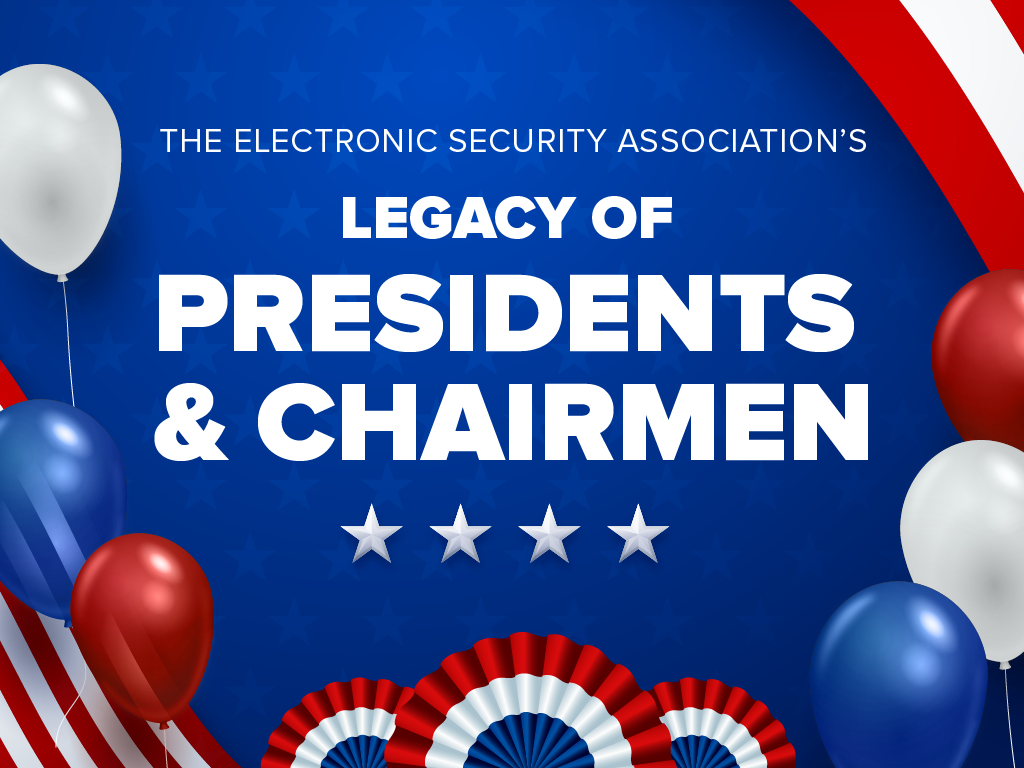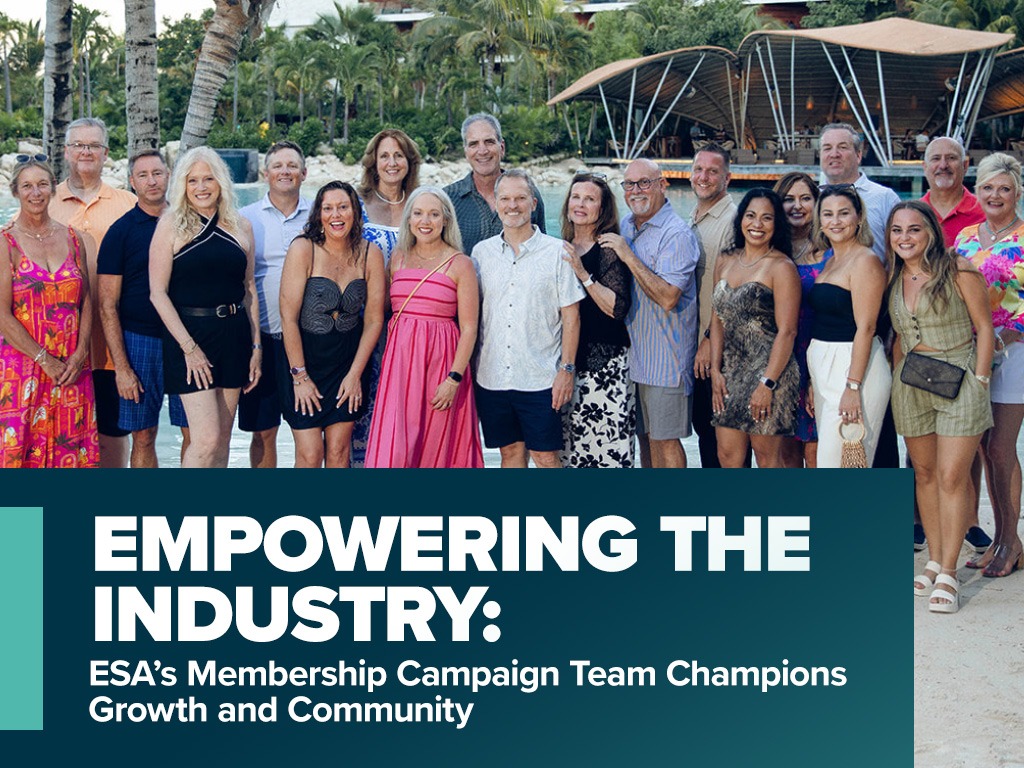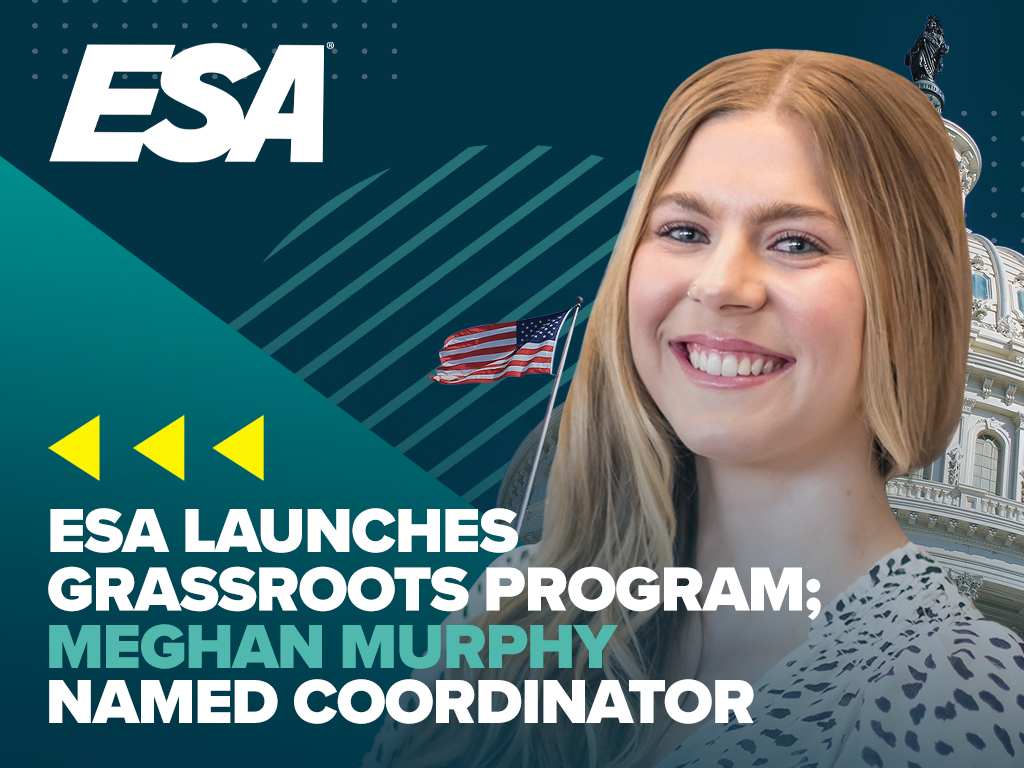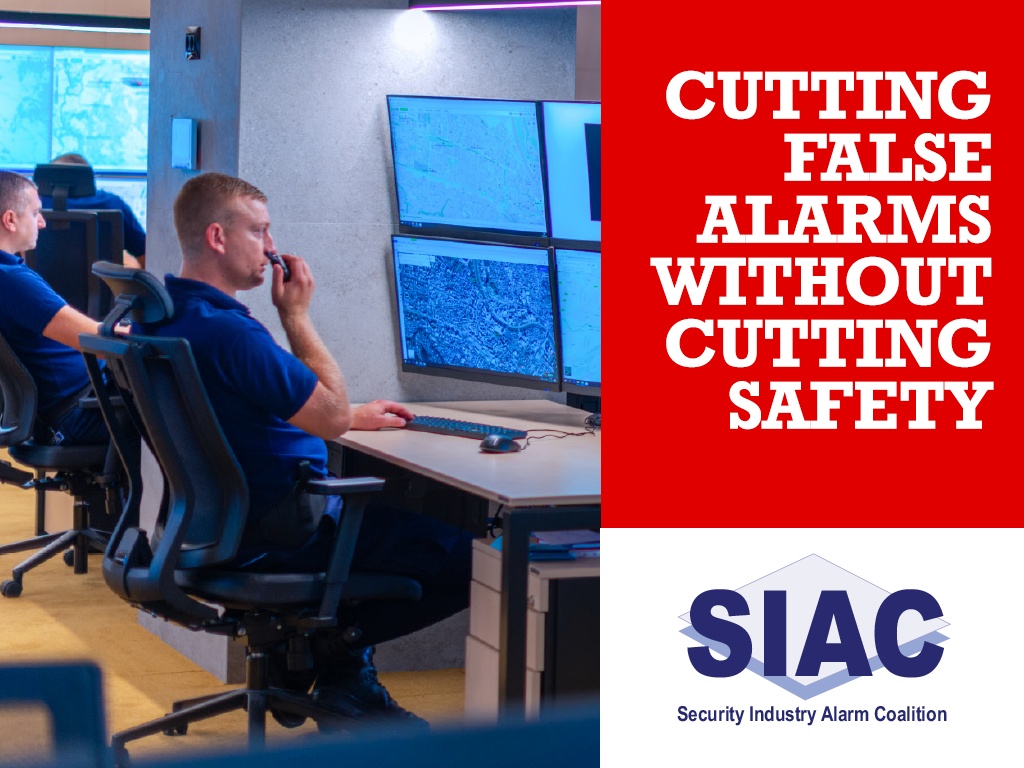ESA’s Weinstock Person of the Year Steve Firestone on the Meaning of ‘Service to the Industry’
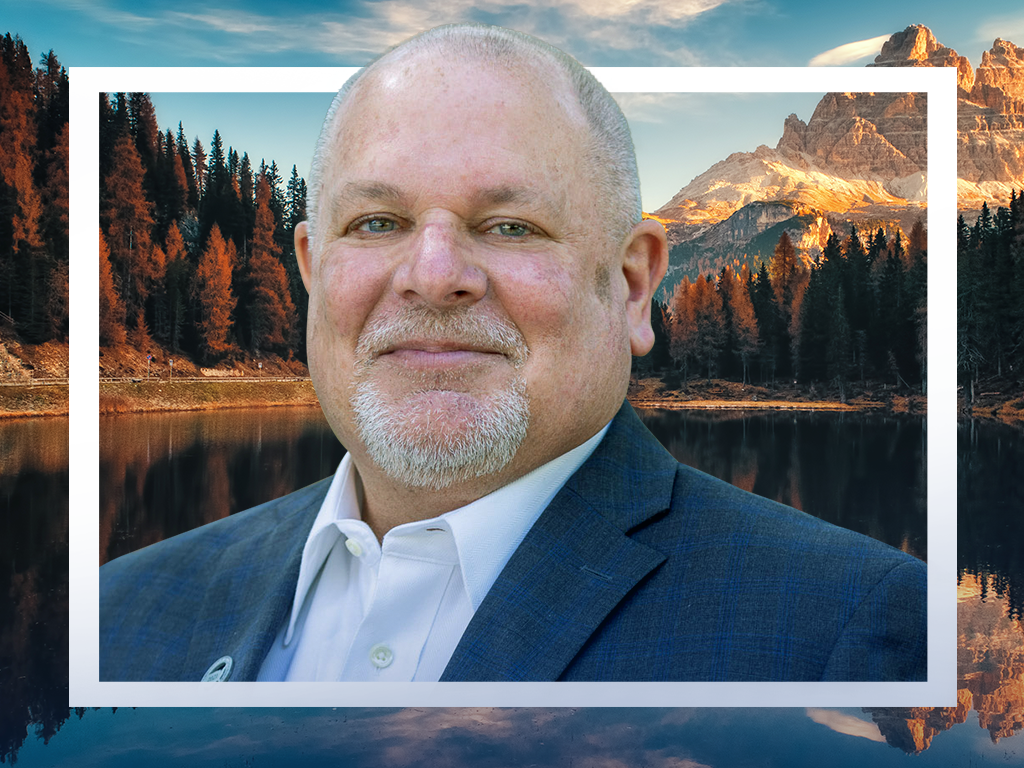
Steve Firestone, as he explains it, has had two terms of service in the security industry. His first tenure began in the mid-1980s after leaving years-long positions in banking and then as a partner at an ad agency. A classified ad in the Wall Street Journal caught his eye: Commonwealth Security in Pennsylvania was looking for a vice president of sales and marketing. Despite not knowing a thing about the industry, he landed the gig and eventually became COO.
After nine years at Commonwealth, he was recruited away to be CMO for the newly launched Entergy Security Corp. Nearly 40 acquisitions and 18 months later the business was sold to Tyco in early 1999, and Firestone exited the industry. For the next 15 years, he worked in C-suite marketing roles before launching his own consulting firm. The security industry eventually beckoned, and he made a grand return in 2012 to be president of Select Security. He remained there until returning to full-time consulting in 2021.
This all amounts to a brief fly-over of a distinguished professional career. But what may define Firestone — the individual — most are the personal connections forged by the spirit of community and association for the betterment of all. Firestone’s litany of association work and volunteerism is long and illustrious. It is certainly befitting the very essence of the Morris F. Weinstock Person of the Year, an honor recognizing the lifetime achievement and service to the industry of a dedicated individual.
In the following conversation, Firestone addresses finding a work-life balance with volunteering; the personal rewards one gains through association work; and the importance of “staying in school.” He also recalls in detail how countless industry brethren lifted him and his family during one of their darkest moments.
What does “service to the industry” mean to you? What inspires you to give back?
The saying — “I want to give back to the industry that has provided me and my family with so much” — I agree with wholeheartedly. But I actually view it even a little bit beyond that. As I said in my acceptance comments at the Weinstock Award event, I actually believe we have an obligation to take what we’ve learned over the years as older professionals and provide that to those who maybe haven’t been around quite as long or haven’t been exposed to as much as we have.
I have the very good fortune in this regard of having spent half my career outside the industry and half my career in the industry. So, I’m able to bring to the conversation perspectives that are not just specific to experiences within the industry. I look at it as a real obligation. I also said in my acceptance comments that Scripture calls us to do exactly that; but even if you’re not spiritually inclined I just feel we have an obligation to do what I just described.
Is there a work/life balance to strike in how much time you spend away from your private life outside of the profession?
It’s a short answer — yes. Here’s how I view it: Volunteerism takes time away from your ability to do something else that you might choose to do with your personal time, as opposed to your “work time.” Having said that one of the beautiful benefits of involvement with ESA and the broader industry is it is a very open industry where even among your competitors there’s a willingness to share experiences and share life’s challenges with each other.
Volunteerism in a really interesting way almost extends your family. While it may take time away from your immediate family members, there are also opportunities for involving family members in what you’re doing with your volunteerism. And that actually extends and broadens the experience for your family as you get involved in volunteerism.
To those who say they simply don’t have the time to commit to a committee or volunteer service to the industry in some fashion, what do you say?
When I talk to people, I point out that the benefit of volunteering isn’t just to the association or to other members of ESA. The benefit of volunteering is to you as someone who is engaging with the industry. In many of my speaking engagements I talk about the phrase, “Stay in school.” And “stay in school” means I don’t care how experienced you are, how old you are, how smart you are, how much you’ve been exposed to, there is always something else to learn from someone else.
So volunteering isn’t just for the benefit of others. Selfishly, volunteering is also a benefit to the person who’s volunteering — if you’re willing to listen and learn from others. So, I don’t view it as being, “Oh my gosh, I have to take my time away to give to somebody else.” No. It is, “Oh my goodness, look at how much I’m learning and being a better human being, being a better boss, being a better owner, being a better business person.”
For those who are not actively engaged in industry service outside of their daily grind, how can they get their feet wet? How can they begin to explore volunteer opportunities?
First of all, more than anything else, if you’re not a member of ESA, become a member of ESA and go through the onboarding process as a new member. And even if you’ve been a member of ESA and you haven’t gone through the onboarding process, do it. You need to understand what are all the benefits and how do you get involved a little bit at a time.
It is a business-changing decision once you decide to get your feet wet. And there are so many programs, volunteer opportunities, getting involved in things like the Executive Management Professionals [EMP] group within ESA, attending ESX. It is really amazing year after year, when we’ve talked to people who have either gotten involved in a committee or maybe they just joined the EMP group and they attended their first ESX. They say either directly or in survey results, “Oh my gosh, I had no idea of the value. And I wish I had done this earlier.”
We need to evangelize the benefits to others because there is an easy way to get your feet wet, without having to commit to being on a board of directors or something like that.
What are the risks to the industry of not having veteran professionals such as yourself willing to commit your time?
The whole association world and service organizations — not just as it relates to ESA but the whole notion of volunteerism — is evolving as the years go by. It’s not just a need for those who are very experienced — meaning years of service — who need to continue to volunteer. But it is even important for those who are younger. Volunteerism, as I said earlier, isn’t just you giving your time to something else. It’s that you get more benefit out of volunteering than you would give to somebody else. And if we don’t do that, then we lose the whole community, the sense of family, the sense of “we’re all in this together” and we can learn from each other’s failures.
You can go on the internet and find just about anything on how to do something. But what you don’t find on the web is how to establish relationships and how to engage in community. And that is the real value of association and volunteer involvement.
How have you benefited personally and professionally from all your industry engagement and service?
While I feel very blessed to have been able to give the time that I’ve given, based on my experiences, I really feel that I have gotten way more out of being involved with ESA and the industry than anything I could have given.
I’ll give you the best example. This is a human example. My wife was diagnosed with a brain tumor a number of years ago. She had an operation and she’s fine now. But while that was going on I had hundreds, if not thousands of companies, individuals, phone calls, emails, personal visits from people in the industry that knew me from my involvement in the industry. They expressed they were praying for my family as we were going up to the surgery.
I never could have imagined that beyond getting smarter from what I learned from others, or me being able to provide knowledge from my experiences, I never could have imagined that personal connections would have developed the way they developed to get my family through a very difficult time.
So, if you ask me how have I benefited personally? There you go. I felt like I had a whole industry that was in my camp. And when you feel alone in situations like that, whether it’s health or other family-related issues or business challenges or whatever it may be, that sense of community is real, and I am eternally grateful for that kind of relationship.

